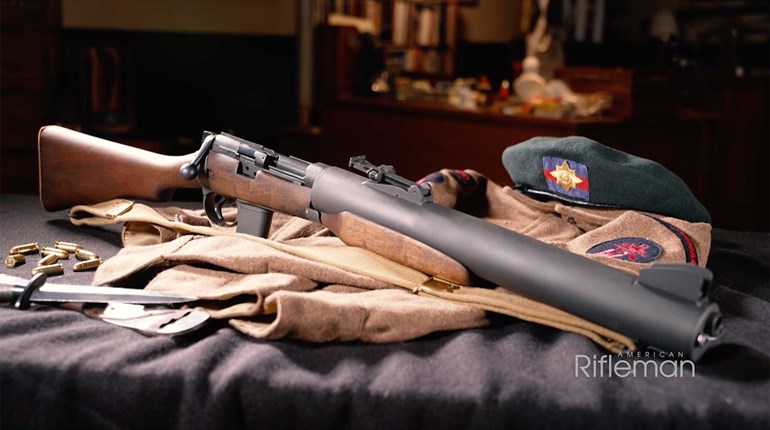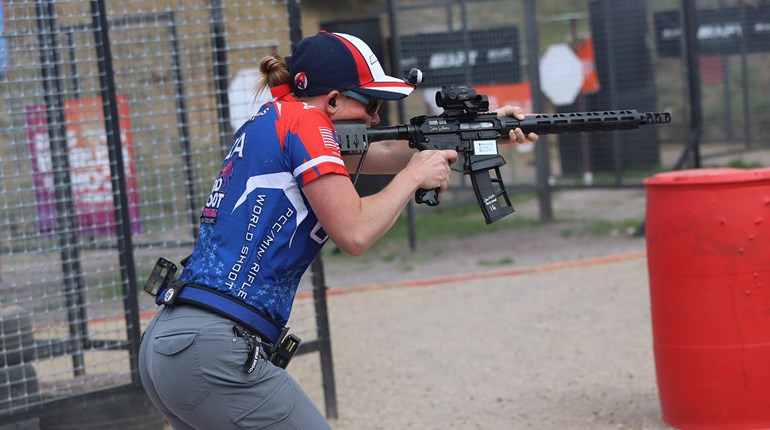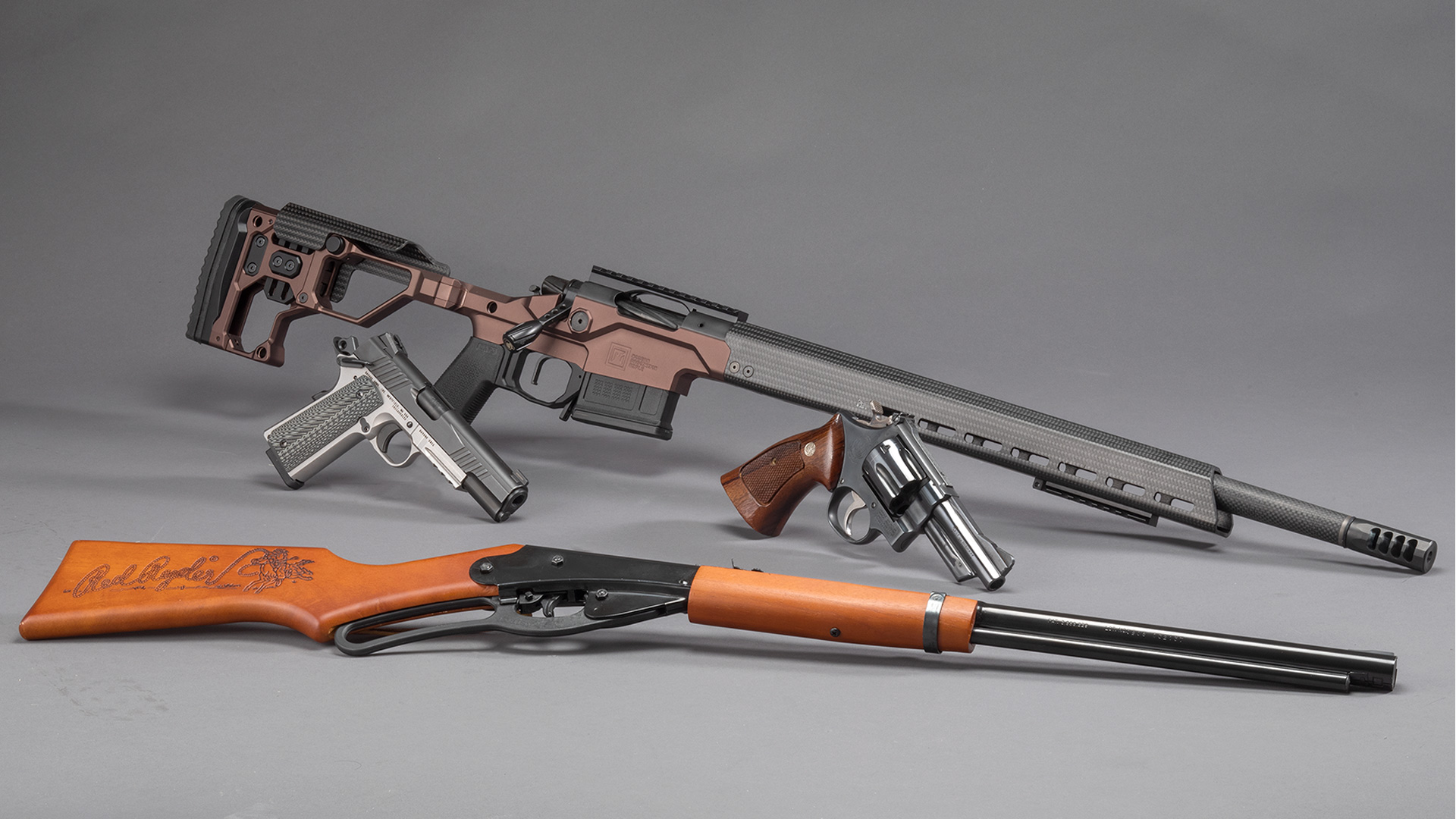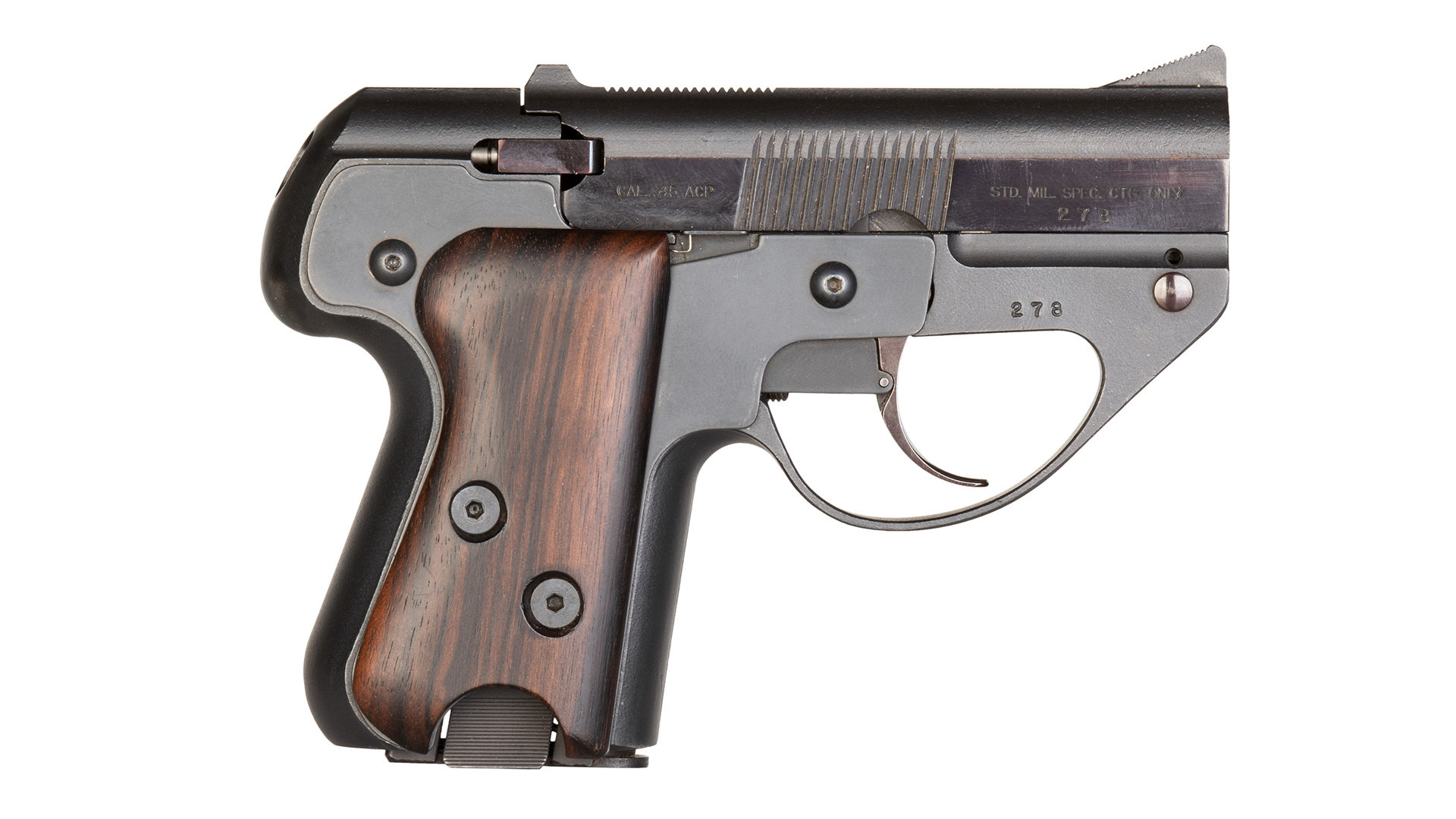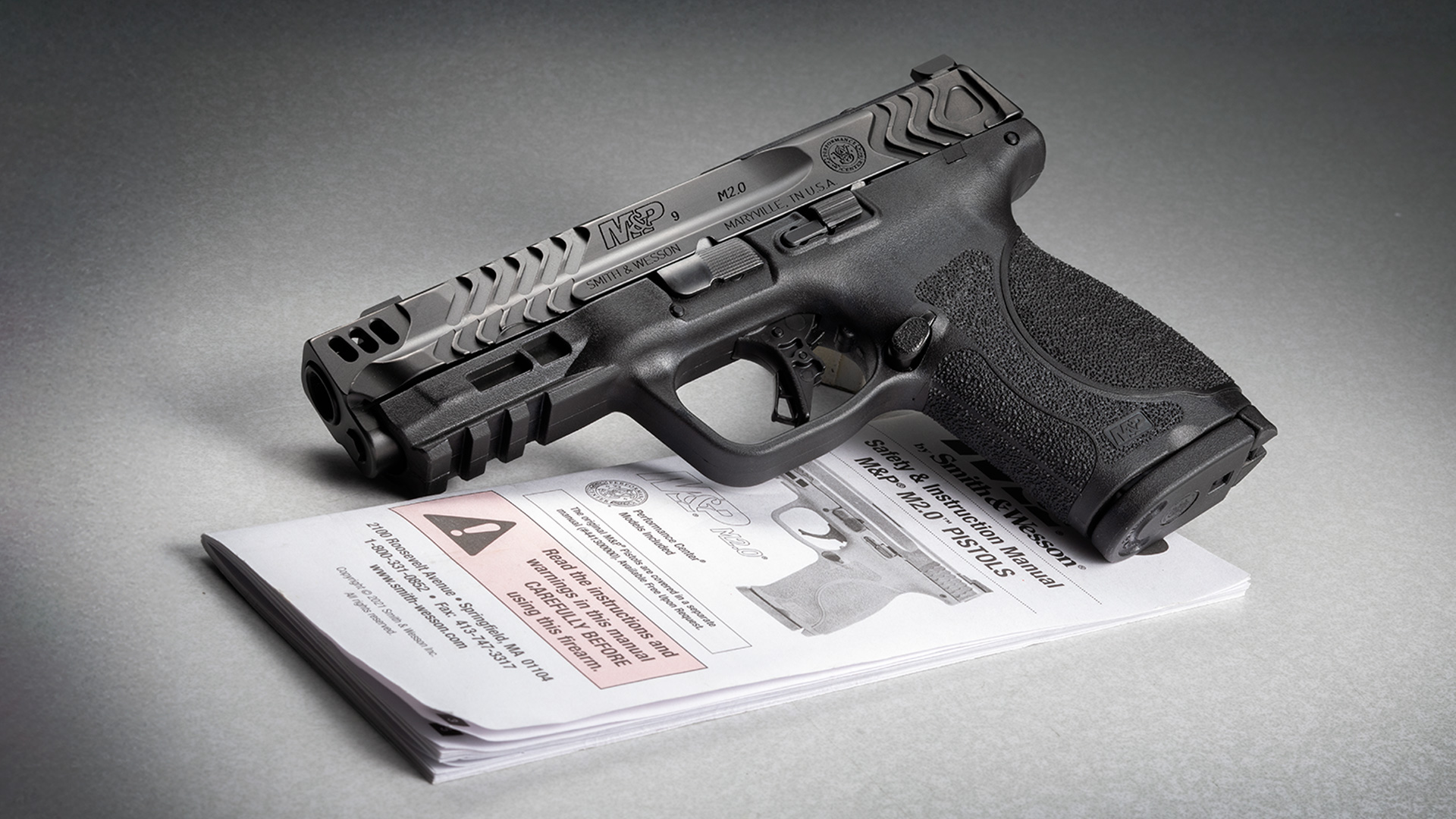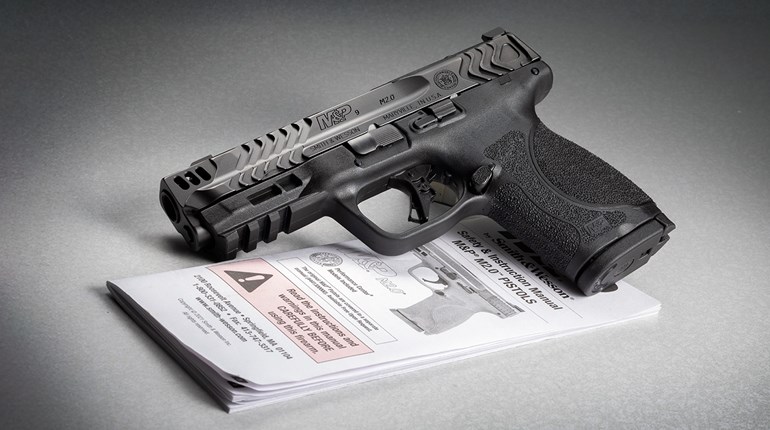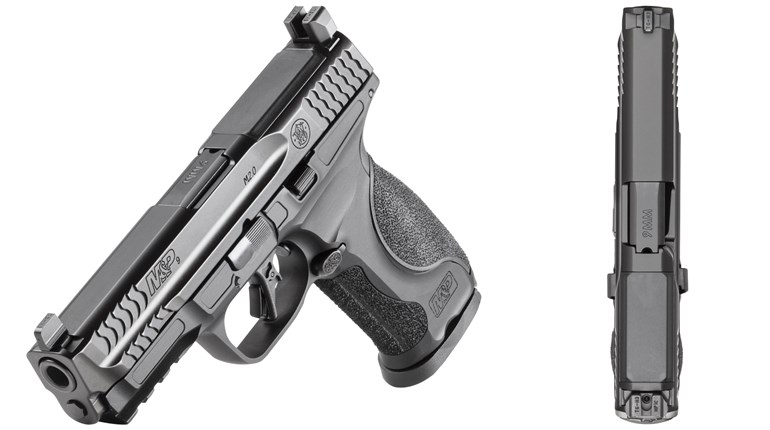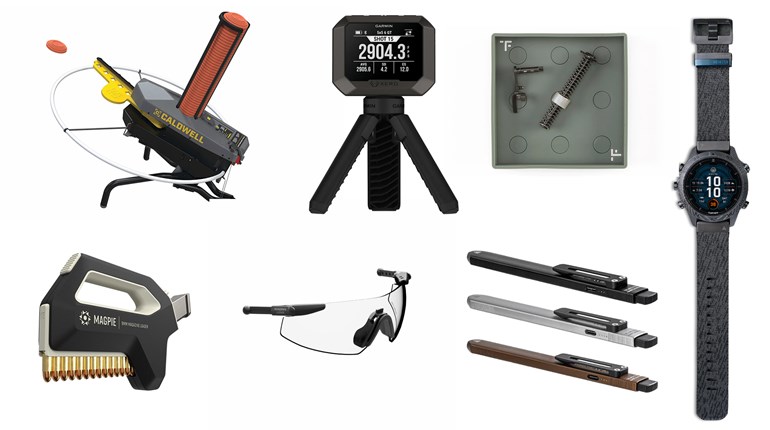
Prague, May 27, 1942. They had been sent to kill a monster. A man known as the “Butcher of Prague” who, for the last 240 days, had imposed a reign of terror on the city. He was none other than SS-Obergruppenführer Reinhard Heydrich, and since September 1941, he had been serving as “Reichsprotektor” of Bohemia and Moravia—the new names for the divided former Czechoslovakia created by Nazi Germany after the country’s annexation.
Heydrich joined the Nazi Party in June 1931, so his membership pre-dated Adolf Hitler’s seizure of power in early 1933, which rewarded him handsomely in the years that followed. He soon became a rising star among Nazi leadership. In 1931 he was appointed the first director of the SS security service Sicherheitsdienst (SD), in 1934 he was appointed Director of the Gestapo and in 1939 he assumed control of the new Reichssicherheitshauptamt (Reich Main Security Office). When he came to Prague in 1941, there was every reason to believe that his status and influence would only continue rising, but as Heydrich was being driven to his office that Spring morning, he was approaching an ambush.

Five months earlier, a pair of Czech soldiers named Jozef Gabčík and Jan Kubiš parachuted into Bohemia to assassinate the “Butcher of Prague” as a part of an operation code-named Anthropoid. On the morning of May 27, they proceeded to a tram stop near Bulovka Hospital and waited for Heydrich at a tight curve in the road, where they knew that his driver would have to slow down. When the open-topped Mercedes approached just after 10:30 a.m., Gabčík drew a Sten Mk II submachine gun concealed beneath his coat, pulled the trigger—and nothing happened. Seeing this, Heydrich ordered his driver to stop, he stood up in the backseat and drew his pistol.
At that exact moment, Jan Kubiš stepped forward and threw a modified anti-tank grenade that, when it exploded, seriously wounded Heydrich. The driver, who was also wounded by the blast, then opened fire at Kubiš with a handgun and, simultaneously, Heydrich opened fire on Gabčík. Both assassins returned fire using a diminutive pistol that is not often recognized as playing a central role in World War II: the Colt Model 1903 Pocket Hammerless.

John Moses Browning designed one of the world’s first successful semi-automatic handguns just before the turn of the 20th century. Manufactured in Belgium by Fabrique Nationale d’Armes de Guerre as the Model 1900, it introduced much of the world to the removable-box-magazine-fed, slide-operated pistol and the .32 ACP cartridge. Although the Model 1900 was compact and reliable, to Browning there was still room for improvement. Within 3 years, he had perfected the design of a blowback-operated, single-action automatic that, despite the name, is not actually “hammerless” at all, but rather a pistol that utilizes an internal hammer.
Browning designed the gun that way to create a snag-free, true concealed-carry pocket pistol. That feature appealed to the shooting public in the U.S. , but the design also showed potential as a military sidearm. By World War II though, heavier pistol calibers were growing in popularity, so the little pistol was relegated to use by U.S. Army general officers and commandos like Jozef Gabčík and Jan Kubiš.
After the assassination attempt near Bulovka Hospital on May 27, Gabčík and Kubiš, along with four other members of their team, eventually, went into hiding at Karel Boromejsky Church, an Orthodox church dedicated to Saints Cyril and Methodius on the west bank of the Vltava River. With all of Prague on lockdown, Heydrich ultimately died of his wounds on June 4, 1942. German occupying forces thereafter doubled their efforts to locate the men responsible for the assassination, and they used tactics that can only be described as merciless and savage. Eventually, the promise of monetary reward and torture produced a betrayal that brought the manhunt to the church.
On June 18, the Germans assaulted the building and engaged three of the commandos in a vicious 2-hour gun battle in the prayer loft. That was followed by a stand-off with the remaining three men who were sheltering in the crypt. The Germans began an attempt to flood them out by using the fire department to fill the crypt with water, but the men chose suicide instead of capture.
Prague paid a heavy price in terms of reprisal for Operation Anthropoid, but the benefit of all the blood and suffering that followed was that the man who made people disappear in the “night and fog” was no more—a man who had presided over the planning and organizing of the Holocaust.
You can visit Karel Boromejsky Church today, where there is a memorial to the men of Operation Anthropoid, and stand in the crypt where it all came to an end on June 18, 1942. There is even a display of artifacts, which includes an example of the Colt Model 1903 Pocket Hammerless—Browning’s dependable little pistol that helped to bring down one of the most brutal tyrants in history.












